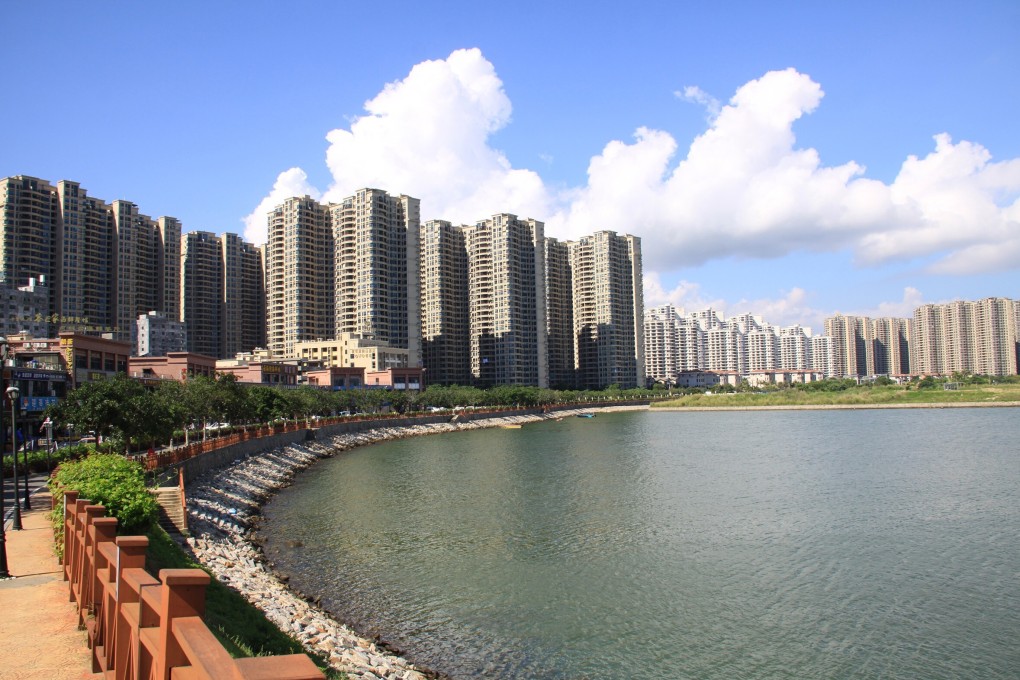Advertisement
Chinese cities ask developers to stop discount gimmicks as local governments seek to prevent a collapse in home prices
- Authorities in Zhuzhou chide developers and agents for offering homes that are priced ‘obviously lower than the market level’
- Huizhou warns that if some units are priced below the approved levels in the city, all homes in the project will have to sell at the same discounts
Reading Time:2 minutes
Why you can trust SCMP
1

At least eight cities in mainland China, from Zhuzhou in southern Hunan province to Huizhou in the Greater Bay Area, have come up with measures to prevent developers from offering excessively cheap homes to stabilise the market and prevent a collapse in prices.
The housing authorities in Zhuzhou earlier this month summoned executives of four local developers and a few property agencies, asking them to stop selling homes at prices that were “obviously lower than the market level”, and urged them to end gimmicks such as deep discounts to tempt buyers.
The summons came after local residents posted on social media that units in three projects in the city’s downtown district were priced at some 5,000 yuan (US$773) per square metre, much lower than the average home price of nearly 7,600 yuan.
Advertisement
Zhuzhou is among several mainland cities that started chiding developers from selling homes cheaply since last month.

01:49
10-storey residential building in China constructed in a day
10-storey residential building in China constructed in a day
“Some developers, as a gimmick, put some extremely cheap homes in a project to lure buyers and boost sales,” said Yan Yuejin, director of Shanghai-based E-house China Research and Development Institute. “This could severely disturb the housing market, which is the last thing the central government would like to see.”
Advertisement
The pace of growth of China’s home prices has slowed this year after several local governments introduced measures to cool the market. Prices grew in August at the slowest pace this year as buying confidence took a hit from the cooling measures. The average price of new homes across 70 major cities rose 0.2 per cent month on month in August, versus 0.3 per cent in July, the National Bureau of Statistics said on Wednesday. In February, prices increased by 0.4 per cent, the most this year.
Advertisement
Select Voice
Choose your listening speed
Get through articles 2x faster
1.25x
250 WPM
Slow
Average
Fast
1.25x